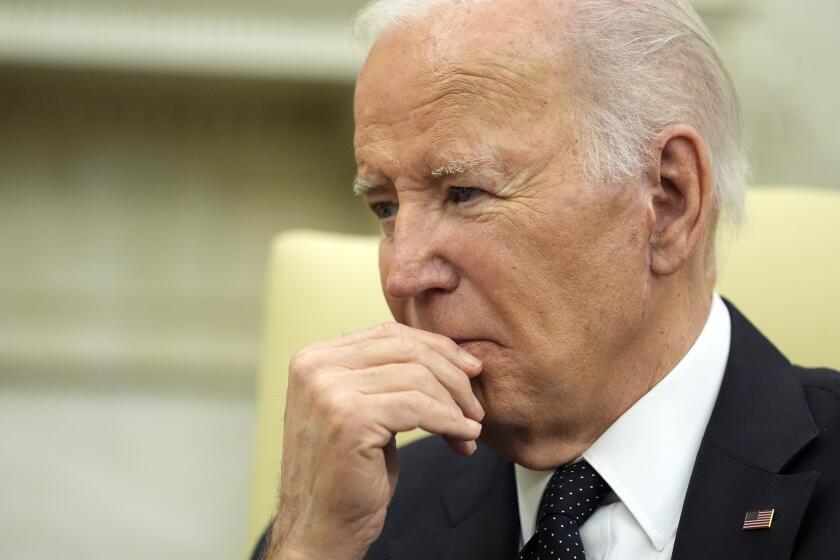Premier Wins Election in Belgium; Results May Settle Missile Issue
Belgium’s governing center-right coalition parties under Prime Minister Wilfried Martens won a comfortable victory Sunday in an unusual parliamentary election that endorsed stability in what is probably the most complex political democracy in Europe.
Although the Socialist opposition parties made gains in both the Flemish north of the country and the French-speaking Walloon region to the south, these were almost entirely at the expense of the many fringe parties that have been a source of so much instability in Belgium’s troubled political past.
The election outcome also appears finally to settle the question of deployment of American cruise missiles in Belgium under the North Atlantic Treaty Organization agreement of 1979. The Martens government brought the first 16 of a planned 48 missiles into the country last March, placing them at an air base in Wallonia. The Flemish Socialists campaigned hard against any further missile deployment, but the issue failed notably to dent the coalition majority.
On computer projections, with vote tabulation nearly concluded, Martens’ own Flemish Christian Democrats have gained seven seats. The four parties of the governing coalition appear to be set to return to power with virtually the same majority they held in the outgoing Parliament--114 seats in a lower house of 212 members.
As for the other members of the coalition, the Flemish Liberals were the losers, down from 28 seats to 23, while the Walloon Liberals and Christian Democrats both held steady at 24 and 17 seats respectively.
In Belgian politics, no single party campaigns across the entire country. This election was free of the communal strife between its linguistic parts that have wracked the country in the past. The loss of votes by regional fringe parties that usually thrive on the linguistic issues seemed to signal a general wish by the electorate for stability.
Even with an election victory, Martens now must put his coalition back together again. He held office for four years, the longest single stretch in power of any Belgian government since World War II until his coalition came apart last May in the wake of the murderous riots by English soccer fans against the Italians in the European Cup final in which 38 people died.
More to Read
Start your day right
Sign up for Essential California for news, features and recommendations from the L.A. Times and beyond in your inbox six days a week.
You may occasionally receive promotional content from the Los Angeles Times.






